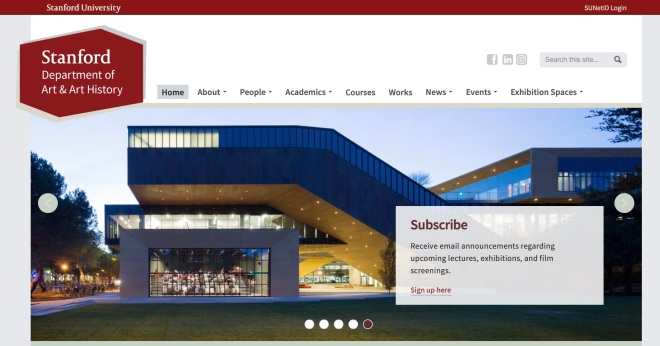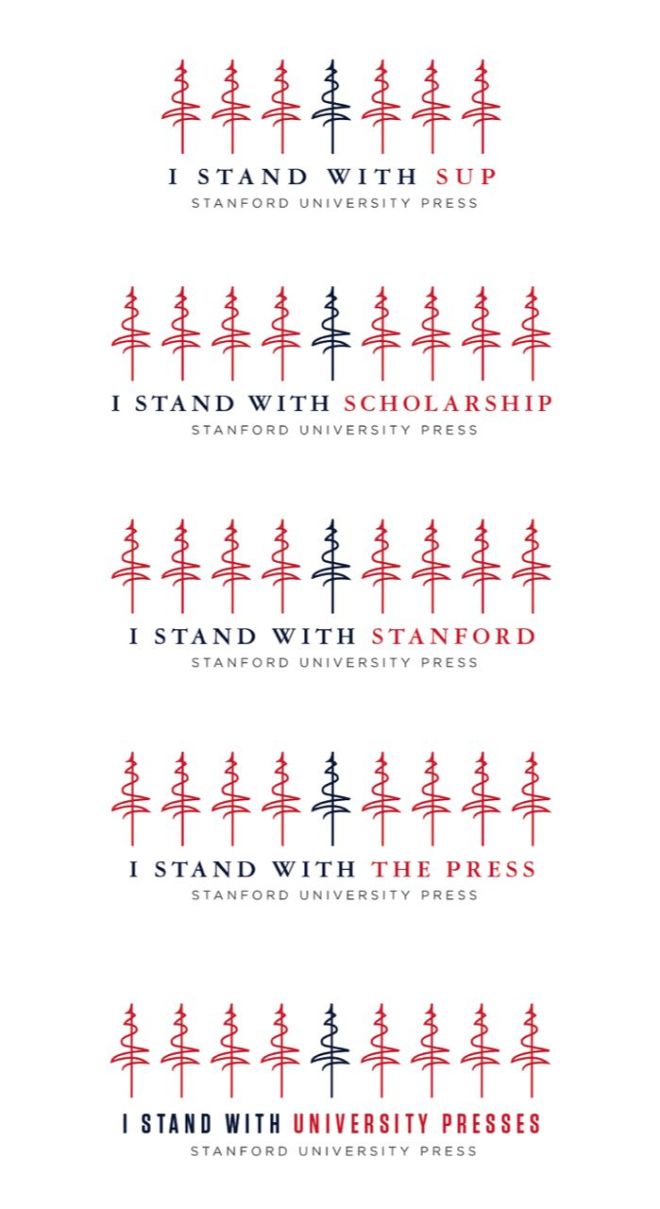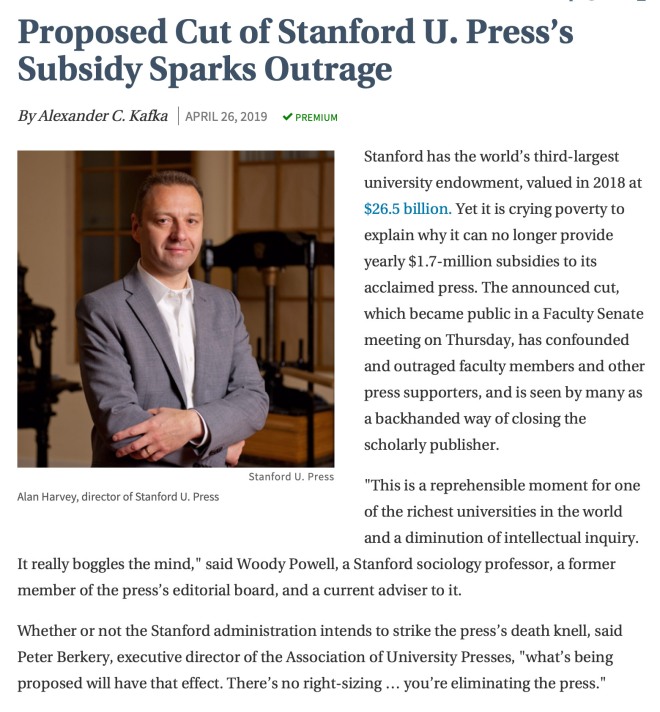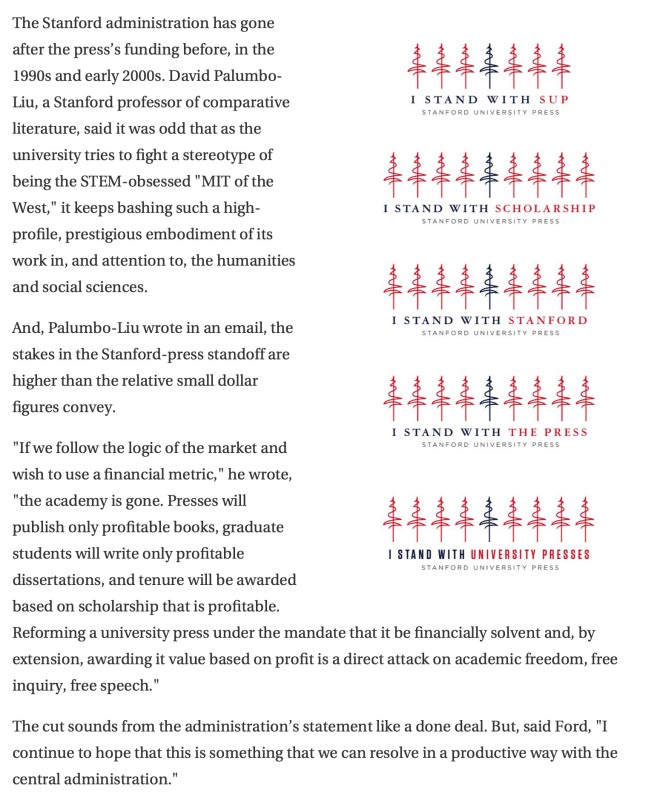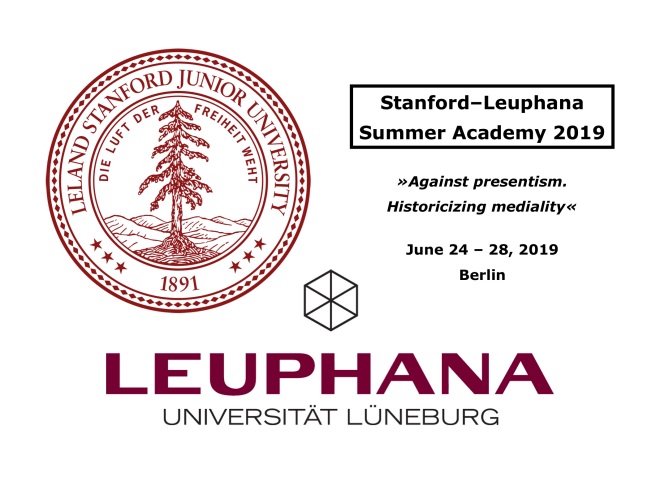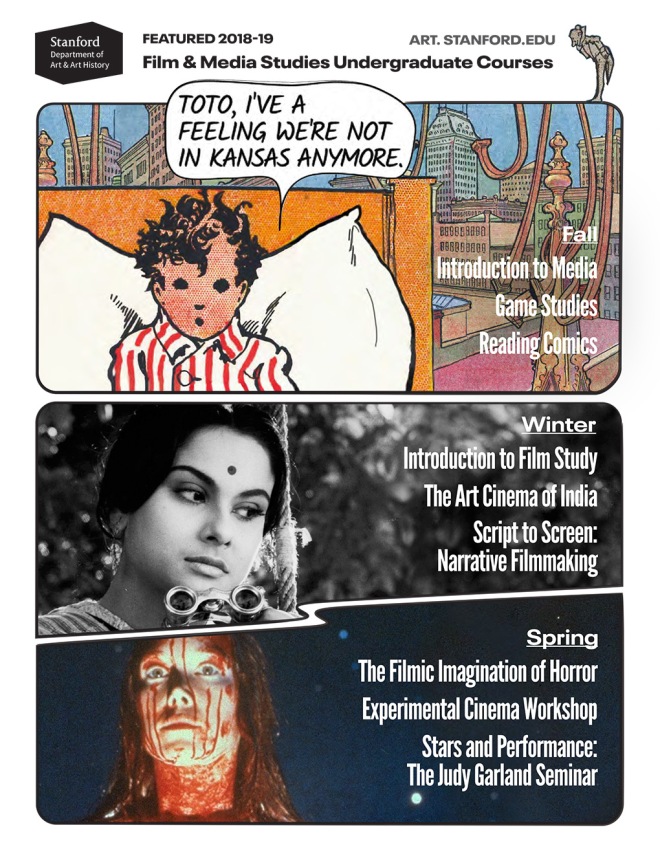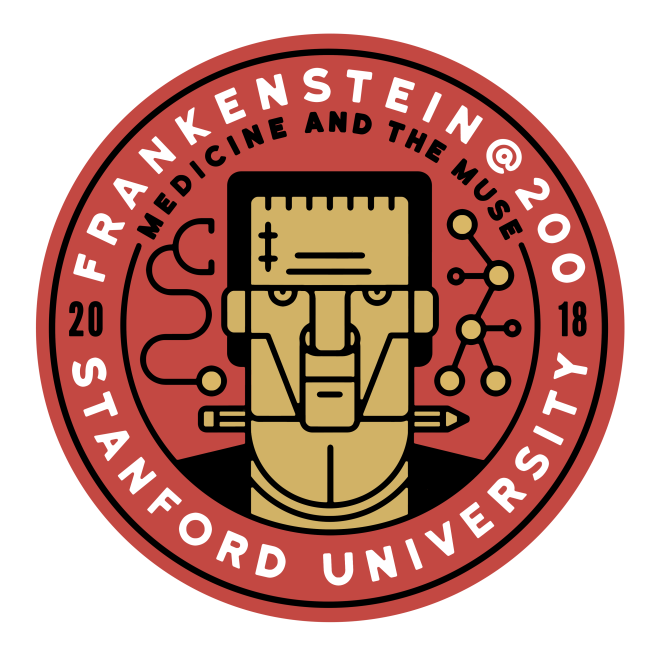
On Sunday, June 16, it was my honor to “hood” Hank Gerba, who earned their doctoral degree in Art History with a concentration in Film & Media Studies, and to make the following remarks at our departmental commencement ceremony:
Hank Gerba’s dissertation, “Digital Disruptions: Moiré, Aliasing, and the Stroboscopic Effect,” is exceptional in a number of ways. While it is a work primarily in media theory, or even media philosophy (itself an exceptional or eccentric subfield within film and media studies), the dissertation stages its argument by way of close engagement with a number of digital processes and devices, but also a number of analog artworks. Accordingly, it is exceptionally well suited for an interdisciplinary graduate program like ours, where students like Hank graduate with a PhD in Art History but are able to specialize also in Film & Media Studies, and where all of our students are expected to gain some acquaintance with both fields.
Still, it is rare for a dissertation to be so agnostic about traditional disciplinary divisions and to speak across boundaries in a way that goes straight to their root: in this case, straight to the root of aesthetic and technical processes or forms. The division between technology or the technical, and art or the aesthetic, is a fairly recent invention, just a little over 200 years old. It is only in the wake of this split that we can speak of the supposedly disparate fields of art history and media studies. Exceptionally, Hank’s dissertation challenges that split, along with a number of other more or less conventional categorizations. And it does so by foregrounding a number of exceptional phenomena: the shimmer of moiré silk, pixely appearances on computer screens, and stroboscopic flickers of film—digital disruptions, according to the title of Hank’s dissertation, when digital and analog logics come into conflict with one another, when blocky grids clash with smooth contours or a film’s discrete frames line up with the movement of wagon wheels or helicopter blades to make it seem as though they were standing still.
In framing the project this way, however, Hank not only challenges disciplinary boundaries but significantly relocates the digital/analog divide. The digital is not just about computers but applies also to the clashing grids of watered silk, which give rise to the analog shimmer that we see in the fabric and in artworks made with it. Digital and analog come to name not particular types of technologies or media, but fundamental modes of organizing aesthetic experience itself. This is an important media-philosophical argument, and it lays important groundwork for thinking about the ways that contemporary media, such as AI, are actively transforming our visual and aesthetic worlds.
I’ll just mention, finally, that Hank is the first student for whom I served as primary advisor, and the first PhD student whose progress I have accompanied from admission to the program to all the way to defending their dissertation. So it kind of feels like I’m graduating today as well. But it’s Hank who did the work and in many respects surpassed their mentor. I am grateful to have learned from Hank, both through their scholarship and through their work across the university, including at the Digital Aesthetics Workshop at the Stanford Humanities Center, where we have collaborated for several years. Hank is graduating with the Christopher Meyer Prize, one of the highest honors that we can bestow on graduating PhD students, in recognition not only of excellent scholarship but also outstanding service to the departmental and university community.
Please join me in congratulating Hank Gerba.



